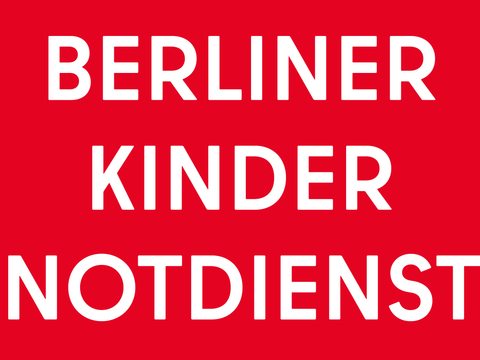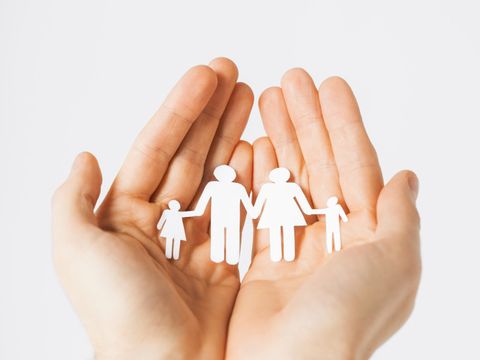For healthy development, children and young people need the right diet, physical care, health care, emotional attention, supervision and protection as well as encouragement from their parents or guardians. A child’s well-being is always at risk if these basic needs are not met at all or not met sufficiently.
Endangerment of a child’s well-being
A child’s well-being is at risk if the behaviour of parents or other individuals in families or institutions (for example, residential homes, day care centres, schools, clinics) adversely affect the well-being and rights of a child. This can occur through active action or failure to take reasonable care. The standard for this are socially established norms and a well-founded professional assessment. The consequences can be injuries, physical and mental damage or developmental risk to a child or adolescent. Infants and young children are particularly affected.
Neglect
Neglect is all types of failure to ensure necessary care. In the event of neglect, the children or young people do not receive the measures necessary for their survival and well-being or receive them inadequately. These measures include clothing, personal hygiene, medical care, undisturbed sleep, age-appropriate attention, protection and supervision by parents or caregivers, care and support. This neglect negatively affects and harms the children or young people.
Physical violence
Physical abuse is characterised by direct violence to the child or young person, in particular by hitting, kicking, shaking, burning, choking, causing chemical burns, inflicting stab wounds, exposure to cold, etc. Most physical abuse leaves visible marks on the skin.
Psychological violence
Mental or psychological violence are attitudes, feelings and actions that lead to a serious impairment of a trusting relationship between the child and their caregivers. Here the mental and emotional development of the child into an independent and life-affirming individual is hampered. Mental violence is exercised by threatening violence and neglect, yelling, insulting, mocking and debasing as well as by expressing feelings of hatred or demanding the child neglect or abuse others.
Sexual violence
Sexual acts of violence against children or young people are all sexual acts that are committed with, on or in front of a child or young person and that serve to satisfy the perpetrator’s own needs for closeness and intimacy, power and control or sex. This includes, in particular, involving the child or young person in sexual acts, forcing the child or young person to perform sexual acts in front of the perpetrator and asking the child or young person to engage in sexual activity with or in front of others.
The brochure Ask courageously – act prudently of the Federal Ministry for Family, Seniors, Women and Youth offers information for mothers and fathers on the subject of sexual abuse of children and young people.
Domestic violence
If there are violent confrontations of an emotional, physical or sexual nature between the parents (hitting, kicking, pushing, abusing, insulting, humiliating, mocking, debasing, raping the mother), children often get caught up in or witness these actions.
Children who experience domestic violence themselves or who observe it from their relationship of dependence have their well-being placed at risk. These experiences can impair the emotional, physical and cognitive development of the children affected and under certain conditions, for example in the case of very young children or serious acts of violence, can also lead to traumatic harm.








